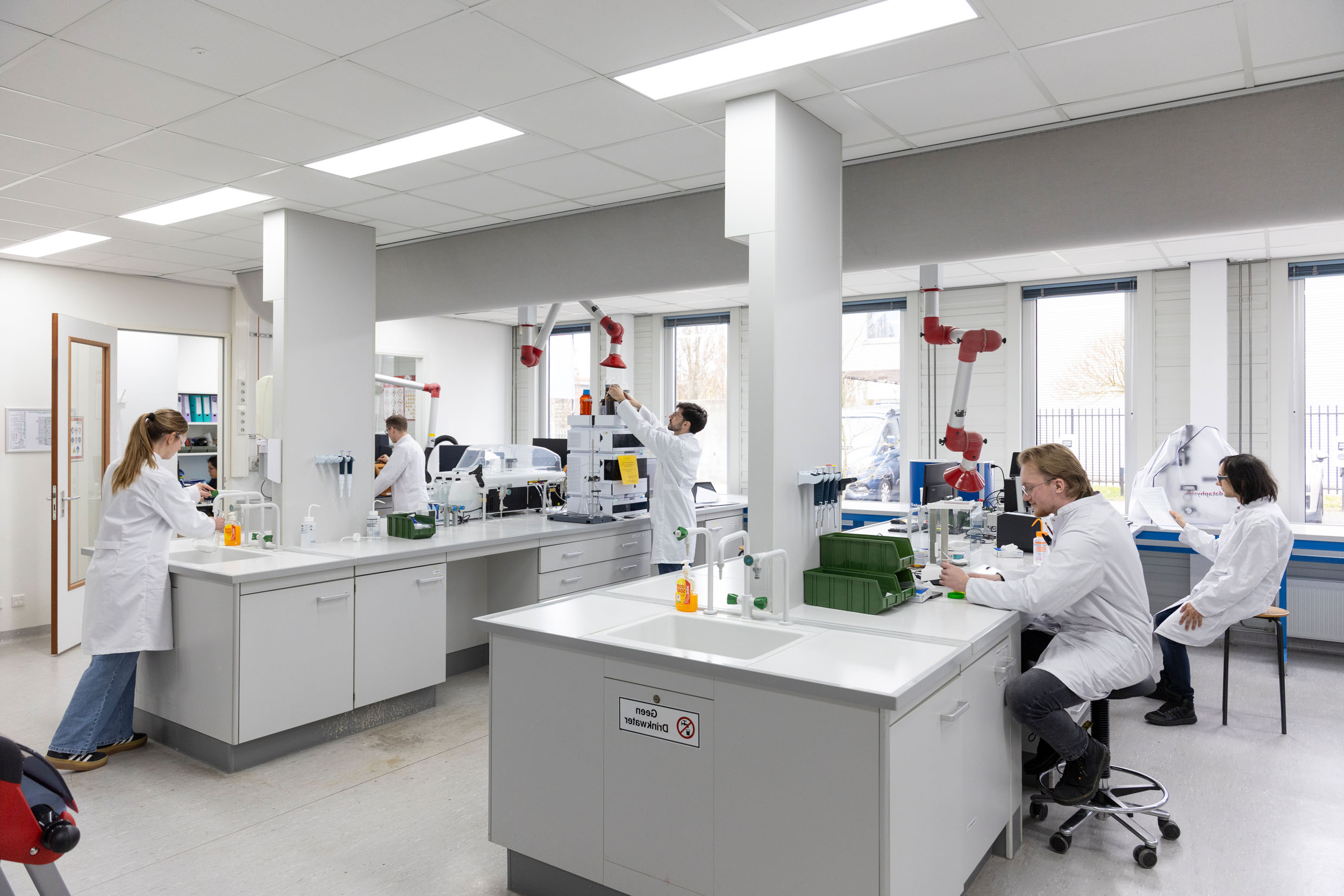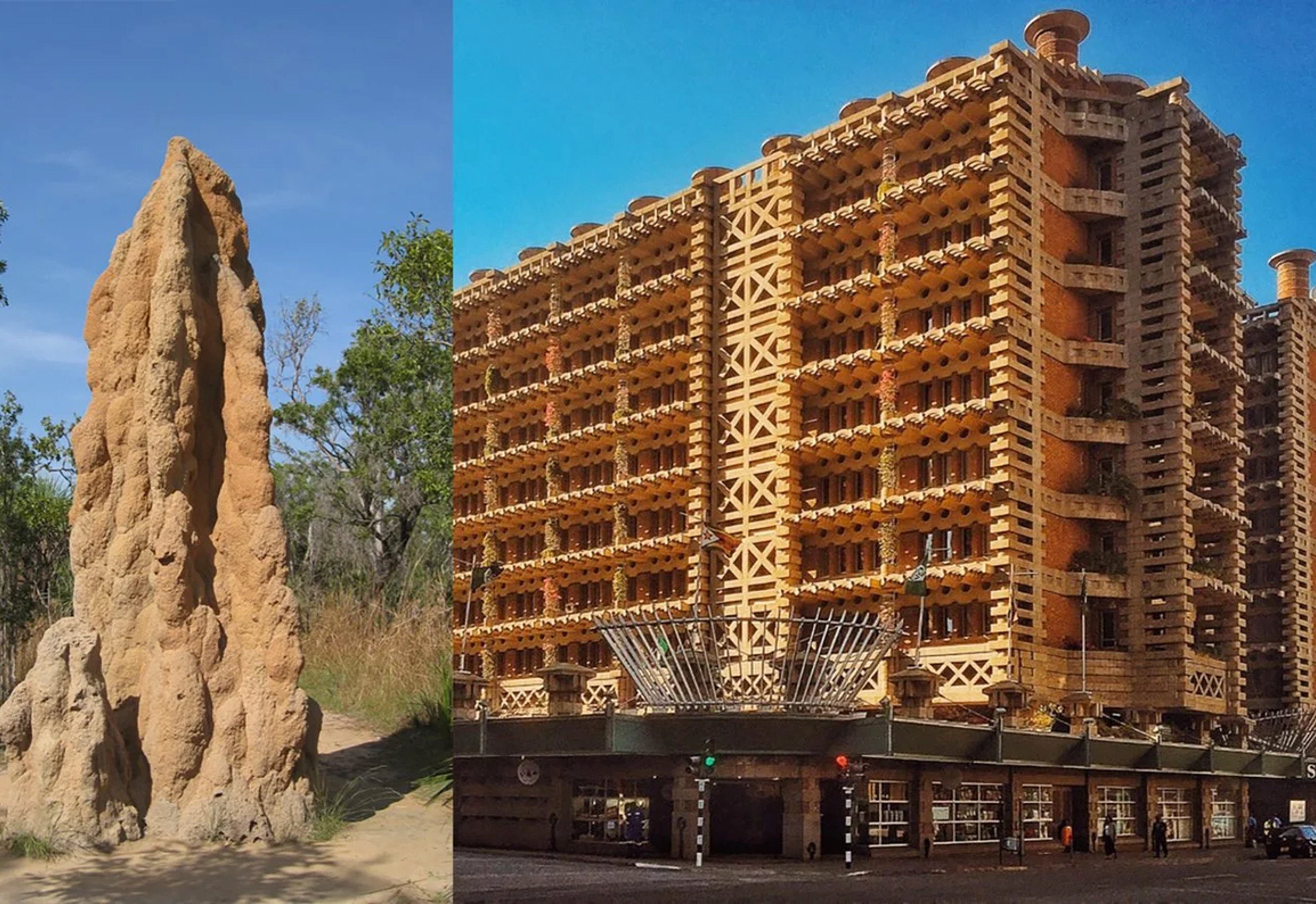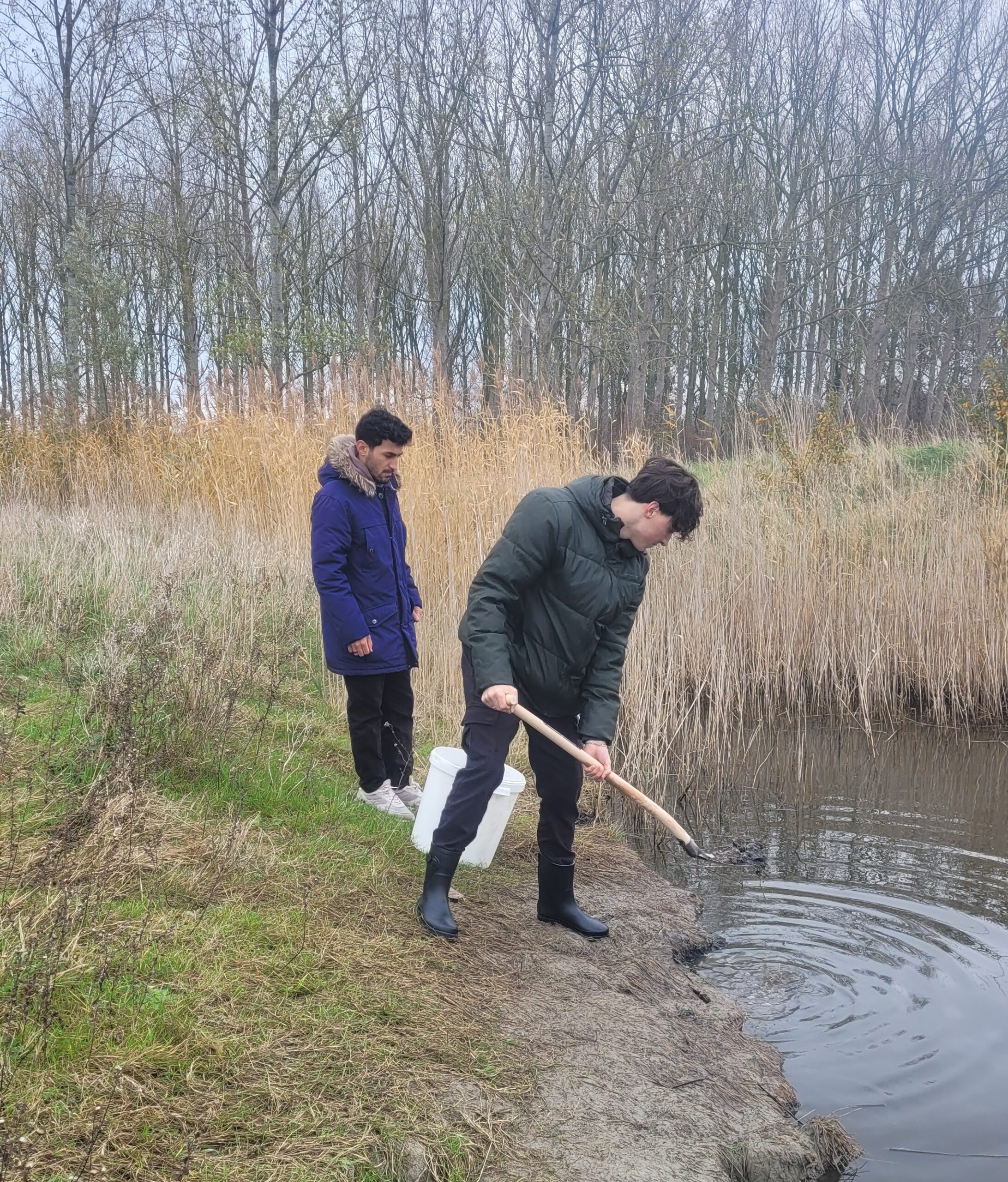And skills. Think of circular construction, the use of biobased materials, smart energy networks, and the reuse of raw materials. For all these challenges, well-trained people are needed – people who stay up to date in their field, who dare to reskill or upskill, and who are willing to adapt to changes in their work environment.
On top of that, the number of full-time students is decreasing, while the need for qualified personnel continues to grow. The solution? Invest in the people who are already working. Give them the opportunity to take new steps in their careers and support companies that want to guide their employees in doing so. That’s exactly what LLO addresses.
What does LLO mean in practice?
Lifelong Learning may sound abstract, but it is surprisingly concrete. At MNEXT, building on Avans and HZ, we are creating a broad and flexible offering for professionals in the region. We do this in close collaboration with companies and governments.
What exactly does this offering look like? Think of short courses, individual modules, masterclasses, or part-time degree programs. For example, on biobased materials, circular supply chains, energy efficiency, or systems thinking. These are often topical themes that professionals can apply immediately.
We don’t focus on just one type of participant. Our LLO programs are for skilled workers who want to stay current, for people considering a career change, for those returning to the workforce, and for young professionals who want to specialize further after graduation. For anyone who wants to keep learning, there will be a suitable program.
In the near future, you will also see that the ‘regular’ bachelor’s education at universities of applied sciences will become more flexible for students, and that regular education and LLO education will increasingly merge.
Learning in and with practice
A large part of our LLO offering will be derived from practice-oriented research within MNEXT. Our research groups develop new insights and applications in the fields of sustainability and innovation – always in collaboration with companies. We translate that knowledge into education that can be applied directly.
A good example is the development of a part-time master’s program on the materials and energy transition. Professionals can follow modules on topics relevant to their work. They learn from professors, lecturers, and from each other. This makes it powerful: the education is firmly anchored in practice and academically robust.
We also work extensively with so-called learning communities: collaborations between students, researchers, and companies working together on a specific challenge. Think of a pilot project on circular construction, or research into the use of mycelium as a building material. Such collaborations create an informal yet highly valuable learning environment. This, too, is Lifelong Learning – learning while working together on innovation.
Not everyone for themselves, but together
MNEXT is a collaboration between Avans and HZ, and this is also reflected in our LLO approach. Both universities of applied sciences contribute their own experience, networks, and regional knowledge. We actively seek connection: with each other, with companies in West Brabant and Zeeland, and with government partners.
We don’t build tailor-made programs for just one party, but instead develop offerings that address broader questions in the region. As a company, do you have a training need that is shared more widely within your sector? We would be happy to talk with you. This could result in a pilot masterclass or course, which may grow into a permanent part of the training portfolio. This is how a flexible and sustainable offering emerges, for a broad group of professionals.
What are the benefits?
For companies, Lifelong Learning means more than just well-trained staff. It increases your innovative strength, makes you more attractive as an employer, and reduces the outflow of valuable employees. It also helps you anticipate new laws and regulations, technological changes, and societal expectations.
For governments, LLO offers a powerful tool to shape the labor market of the future. By investing in retraining and upskilling, sectors facing staff shortages can be strengthened. At the same time, LLO contributes to a resilient and inclusive society in which everyone has opportunities to develop – regardless of age, education level, or background.
For individual professionals, Lifelong Learning mainly means taking charge of your own growth. By continuously learning, you not only remain relevant in a changing labor market, but you also increase your own adaptability and job satisfaction. New knowledge and skills provide more self-confidence, a broader perspective on your field, and better opportunities for advancement or a career switch. Whether you’ve been in the same field for years or are standing at a crossroads: investing in yourself opens doors. Today and tomorrow.
Join in: take the step towards learning together
The energy transition and circular economy are challenges we must tackle together. The same goes for developing people. LLO is not a product we put on the shelf – it is a movement. A way of working together, of sharing knowledge, of looking ahead.
At MNEXT, we are building that movement, together with companies and governments in the region. Do you want to contribute ideas? Do you have suggestions for a training program, or a learning need within your organization? We’d love to hear from you.
Because as far as we are concerned, learning never stops – it begins anew every single day.







